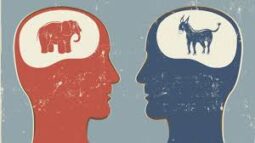
Beliefs, Perceptions, Decision-making (start time: 4:37) For many people if feels like our society, and our beliefs, have never been as polarized as they are now. Indeed, we are living in a politically polarized society. But it’s not as unique, or as extreme, as many think. In this week’s show we look behind the curtain of our beliefs and behaviors, and we discuss how emotions, far more than reason, determine our decision-making, including how we vote.
How On Earth host Susan Moran interviews Leaf Van Boven, a psychology professor at CU Boulder; and Drew Westen, a professor of psychology and psychiatry at Emory University, in Atlanta, Georgia, who is the author of The Political Brain: The Role of Emotion in Deciding the Fate of the Nation.
Hosts: Susan Moran, Joel Parker
Show Producer: Susan Moran
Engineer: Joel Parker
Executive Producer: Susan Moran
Listen to the show here:
Podcast: Play in new window | Download (Duration: 26:39 — 36.6MB)
Subscribe: RSS



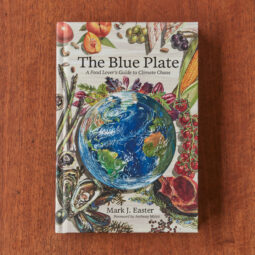 The Blue Plate in a Red-hot World (start time: 7:46) While adding cream to your morning cup of coffee, or digesting the hamburger that you grilled last night, you might not have been asking yourself, What’s the carbon footprint of these ingredients and meals? Understandable. Our guest today, ecologist
The Blue Plate in a Red-hot World (start time: 7:46) While adding cream to your morning cup of coffee, or digesting the hamburger that you grilled last night, you might not have been asking yourself, What’s the carbon footprint of these ingredients and meals? Understandable. Our guest today, ecologist 
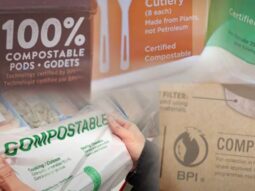 Making “Compostable” Products Truly Compostable (start time: 0:56) Y
Making “Compostable” Products Truly Compostable (start time: 0:56) Y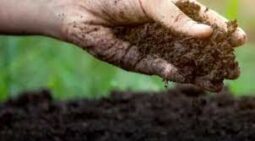
 Birds of Spring, Habitat Preservation (start time: 3:08) It’s springtime, when many of us are woken up at the crack of dawn by a chorus of chickadees or other songbirds outside. To celebrate these emblems of spring, and World Migratory Bird Day (May 18), How On Earth’s Susan Moran interviews two bird/nature experts about the state of affairs for the North America bird population , including threats to their survival, efforts to preserve their habitats, and how we humans can get outside and appreciate the natural world while helping to give birds, insects and other wildlife a leg up.
Birds of Spring, Habitat Preservation (start time: 3:08) It’s springtime, when many of us are woken up at the crack of dawn by a chorus of chickadees or other songbirds outside. To celebrate these emblems of spring, and World Migratory Bird Day (May 18), How On Earth’s Susan Moran interviews two bird/nature experts about the state of affairs for the North America bird population , including threats to their survival, efforts to preserve their habitats, and how we humans can get outside and appreciate the natural world while helping to give birds, insects and other wildlife a leg up. 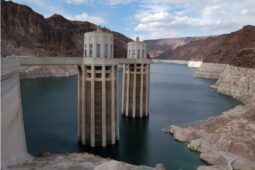

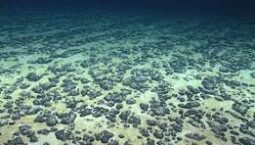

 On this week’s show, we focus on the ongoing challenge of climate change. In addition to headlines about this issue, we replay an interview with author John Vaillant, who has written extensively about the natural world over his long career. In his new book, Fire Weather:A True Story from a Hotter World, he explores the phenomena of fire, the wildland urban interface, and climate change in the context of a precedent-shattering combustion in a modern city.This colossal wildfire in Alberta in 2016 almost consumed a city of nearly 100,000. In the process the fire blew up expectations and responses to wild fires. Vaillant gives an in depth exploration of the rapidly changing relationship between fire and humankind along with personal stories of loss and bravery on the front lines of this horrifying event.
On this week’s show, we focus on the ongoing challenge of climate change. In addition to headlines about this issue, we replay an interview with author John Vaillant, who has written extensively about the natural world over his long career. In his new book, Fire Weather:A True Story from a Hotter World, he explores the phenomena of fire, the wildland urban interface, and climate change in the context of a precedent-shattering combustion in a modern city.This colossal wildfire in Alberta in 2016 almost consumed a city of nearly 100,000. In the process the fire blew up expectations and responses to wild fires. Vaillant gives an in depth exploration of the rapidly changing relationship between fire and humankind along with personal stories of loss and bravery on the front lines of this horrifying event.